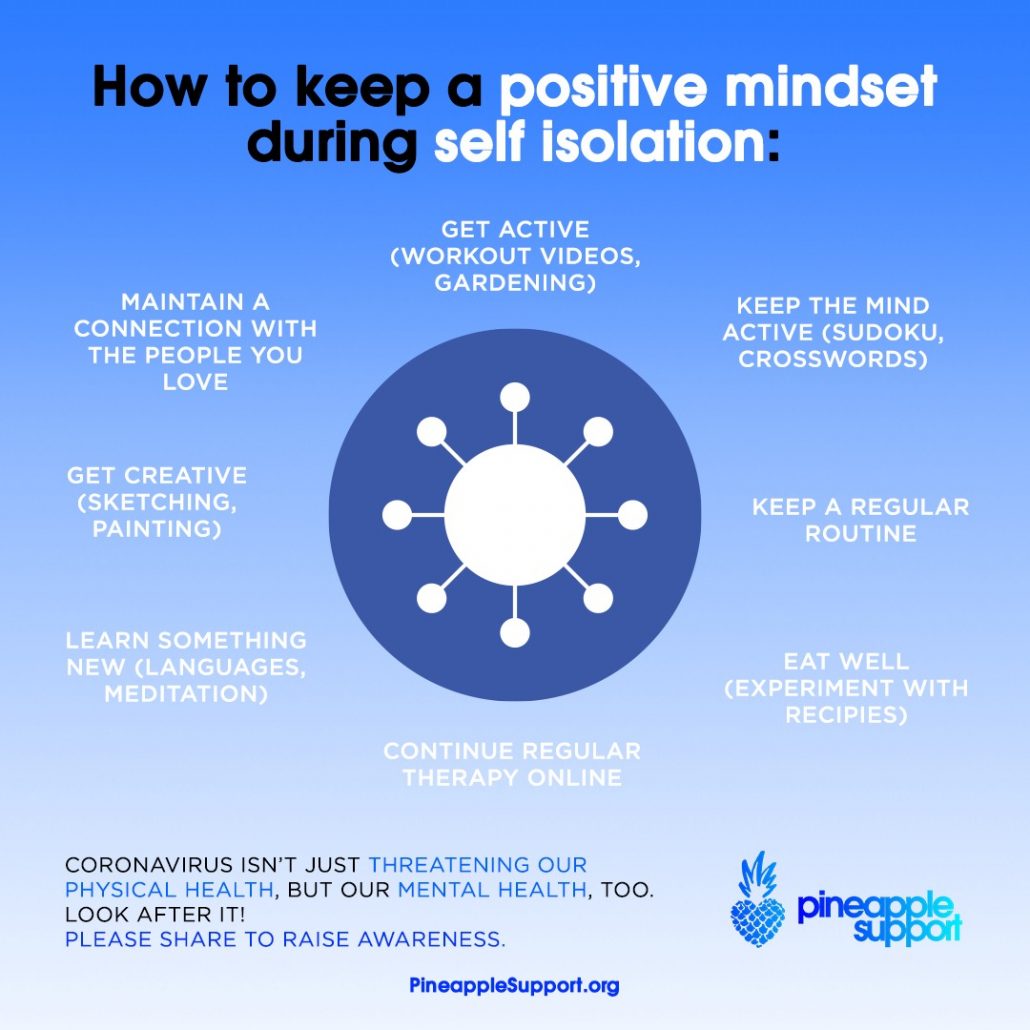Finding Strength in Slow Times: The Unwavering Resilience of Cam Models – The Cam Girl and the Coach

Emma is an International Life Coach, friend and ally to those working within the adult industries. You can contact her here – www.imperfectly-you.com
Sarah’s story –
I went from making $250 in an hour to $39 in an hour overnight.
In the business of online camming this is just the way the cookie crumbles.
One day you’re smashing your personal targets and the next there’s virtual tumbleweed blowing through your chat room. Not a soul willing to spend any money with you.
You’re doing the exact same thing you usually do, chatting to customers and giving off the energy that your customers usually LOVE.
When I’m experiencing periods of low income, sometimes it’s difficult to not think it’s my fault. Is it something that I’m doing wrong?
This isn’t like a 9 to 5 where if I’m having an off day I show up, do the bare minimum and still get paid the same.
If I don’t show up and give it my all – I don’t get paid, and sometimes even that isn’t enough. This is why I think that resilience is one of the key traits needed to work in this industry.
What can we do to help ourselves be more resilient during times like these?
Thoughts from the Coach –
The more than likely reality is that things may be slow due to other reasons that are out of your control. The cam website may be sending less traffic your way, it’s a time of the month where customers haven’t been paid yet or there could be public holidays causing your usual customers to be spending time with their families instead of jerking off online.
Whatever the reason you will never truly know, but rest assured I’m 99.9% sure it’s not your fault.
So let’s discuss resilience….the ability to adapt, bounce back and recover from challenges and setbacks.
Resilient people tap into their strengths and support systems to work through problems. How could this apply when camming?
- Prioritize self care – When traffic is slow you may feel the need to work every hour under the sun. This can sometimes be at the cost of your physical, mental, and emotional well-being. It’s important to make time for yourself and avoid overworking by setting hours you are comfortable with and being strict with yourself by not working any longer than this. Engaging in activities that recharge you can also help such as exercise, hobbies, relaxation techniques, or spending time with friends/family.
- Set Boundaries – When your room is quiet you may be tempted to offer services, roleplays or situations that you wouldn’t usually consider. Although this may be tempting, if it’s not something you’re comfortable with, don’t do it. Determine what you are comfortable with regarding the content, interactions, and level of engagement you are willing to offer. Communicate these boundaries to your viewers and enforce them consistently.
- Adaptability – If it’s slow on stream how else might you make extra income – can you sell content via mass messaging or other platforms? Perhaps you could drop your price per minute and offer much more PG content like dirty talk for only a fraction of the price.
- Social Support – https://www.reddit.com/r/CamGirlProblems/ & https://www.wecamgirls.com/ are great places to connect with other cam models. Having access to supportive relationships and resources in the adult industry can provide emotional, practical, and informational support during difficult times. These types of forums are a great place to ask for advice when times may be slow. Most models on these sites are more than happy to help a fellow model.
Remember – you are powerful, adaptive, creative and resilient! Wishing you a profitable week.
Life Coach Emma x









